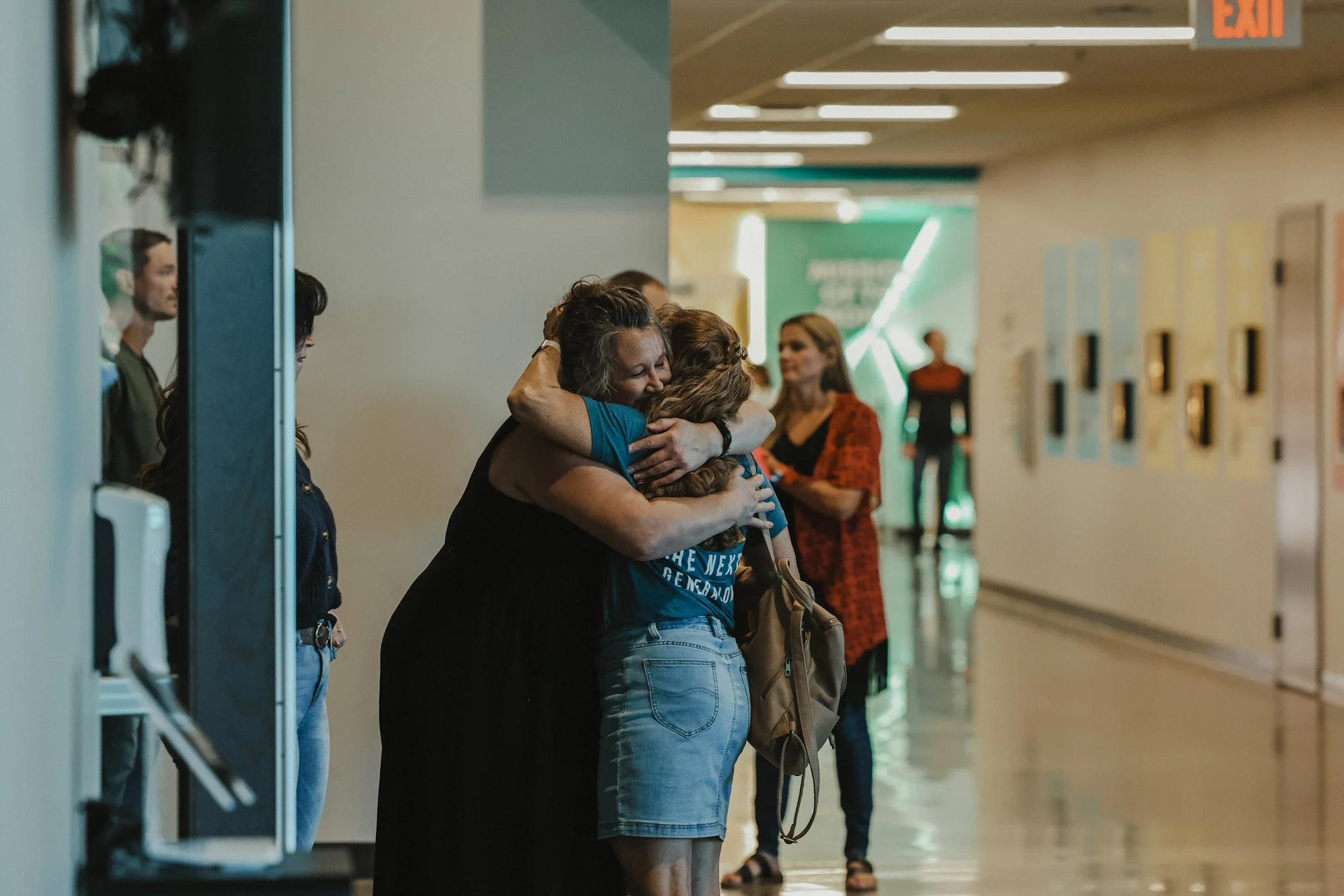From Conflict to Connection: Transforming Political Conversations
Have you ever found yourself seething with anger over a political post on social media? Or perhaps you've been tempted to cut ties with a friend or family member because of their differing political views? In today's polarized world, it's all too easy to take offense. But what if I told you that as followers of Jesus, we're called to a radically different approach?
As we approach another election season, I want to challenge us to consider a countercultural idea: making every effort to be unoffendable. Now, I know what you're thinking. "Pastor Ryan, have you seen the state of our country? How can we possibly not be offended?" Trust me, I get it. It's easy to be offended. In the world we live in, opportunities for offense abound.
But here's the thing: offense is only available if we allow for it to be. When we choose not to take offense, we're living in the pathway that we were designed to live. Even more importantly, choosing not to be offended is the way that Jesus commands his followers to be.
Jesus’ Radical Teaching
In His famous Sermon on the Mount, Jesus drops a bombshell on His listeners. In Matthew 5:38-39, He says:
"You have heard the law that says punishment must match the injury. An eye for an eye and a tooth for a tooth. But I say, do not resist an evil person. If someone slaps you on the right cheek, offer the other cheek also."
Let that sink in for a moment. Jesus is telling us that instead of getting even or exacting revenge, our approach should be to increase understanding and extend grace. It's completely different from the way the world functions.
As N.T. Wright wisely noted, "revenge keeps evil in circulation." When we keep coming back to revenge, when we keep coming back to get even, evil just continues to recycle and recirculate. Jesus is calling us to break this cycle.
Loving People More Than Issues
So how do we practically live out this teaching, especially in the realm of politics? Here's a simple yet profound principle: Love people more than you love issues.
Should you thoughtfully consider what you think about immigration, abortion, and gun control? Absolutely. But what I think about those issues or what you think about those issues should not define our relationship, because people matter more than policies.
This doesn't mean we avoid difficult conversations or compromise our beliefs. Instead, it means we approach these discussions with a different attitude. Here are three practical ways to love people more than issues:
1. Thoughtfully engage in discussion, even when our views are worlds apart.
2. Speak the truth in love, focusing on building bridges rather than winning arguments.
3. See more than red or blue, recognizing that each person is more than a collection of their opinions.
Remember, we don't come to worship our political ideologies. We come here to worship Jesus. And when we keep the main thing the main thing, it allows us to see people as more than a collection of their opinions.
The Challenge And The Promise
Living this way isn't easy. It goes against our natural instincts. But as Proverbs 19:11 reminds us, "A person's wisdom yields patience; it is to one's glory to overlook an offense."
When you have the opportunity to be offended and you don't take it, you have won. You're living out the transformative power of the Gospel.
As we navigate this election season, I challenge you to make every effort to be unoffendable by loving people more than you love issues. When you resist the urge to respond in the comments section, you are turning the other cheek. When you refuse to buy into the stereotypes about people who vote differently than you, you are turning the other cheek. When you reject the notion that those who disagree with you are evil, you are turning the other cheek.
Putting It Into Practice
1. Before engaging in a political discussion, pray for God's wisdom and love to guide your words.
2. When tempted to take offense at a political post or comment, pause and ask yourself, "How can I respond in a way that values this person more than the issue at hand?"
3. Make a commitment to have a face-to-face conversation with someone who holds different political views, with the goal of understanding rather than convincing.
4. Memorize Romans 12:2 as a reminder of our calling: "Don't copy the behavior and customs of this world, but let God transform you into a new person by changing the way you think."
As we approach this election season, let's commit to being different. Let's show the world what it looks like to disagree with grace, to love unconditionally, and to be, against all odds, unoffendable. In doing so, we'll not only preserve our relationships but also bear powerful witness to the transformative love of Christ.

